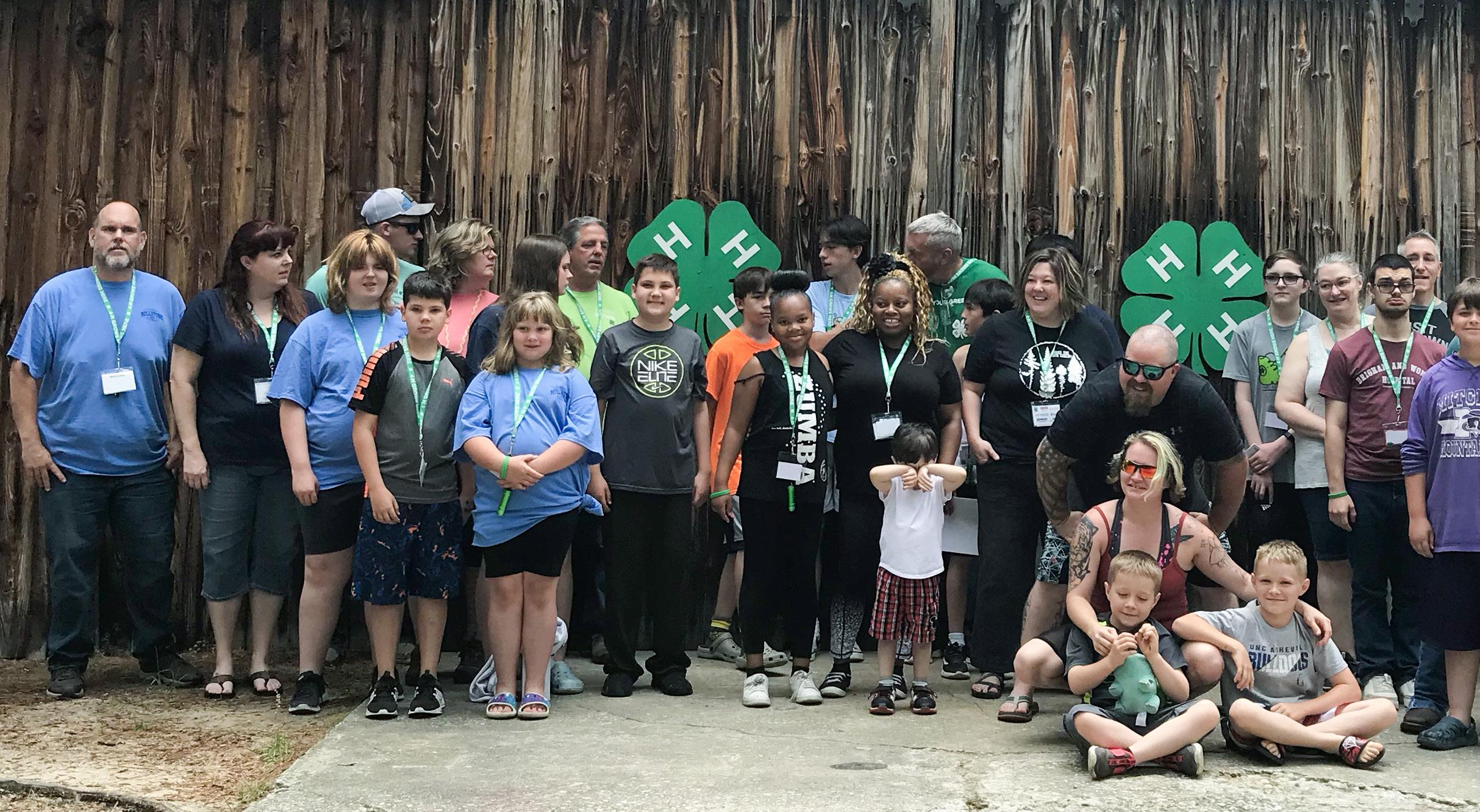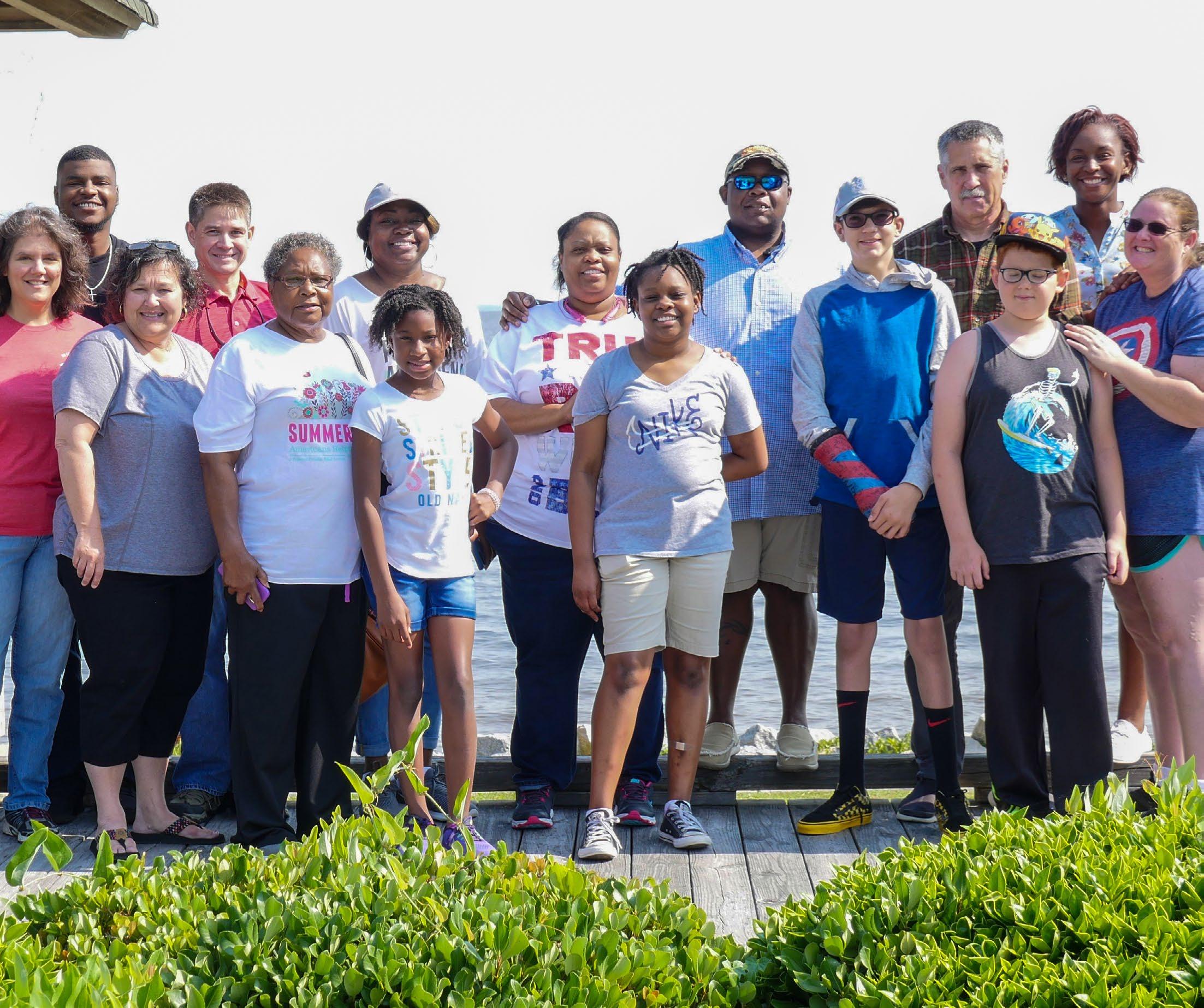
2601 Stinson Dr NC State University Raleigh, NC 27607 T. +919 515 4273 F. +919 515 3483 E. ashaywoo@ncsu.edu W. EYFP4H.org Empowering Youth & Families Program Impact Report 2019 - 2023
ADOLESCENCE IS HARD. UNDERSTANDING YOUR ADOLESCENT DOESN’T HAVE TO BE.
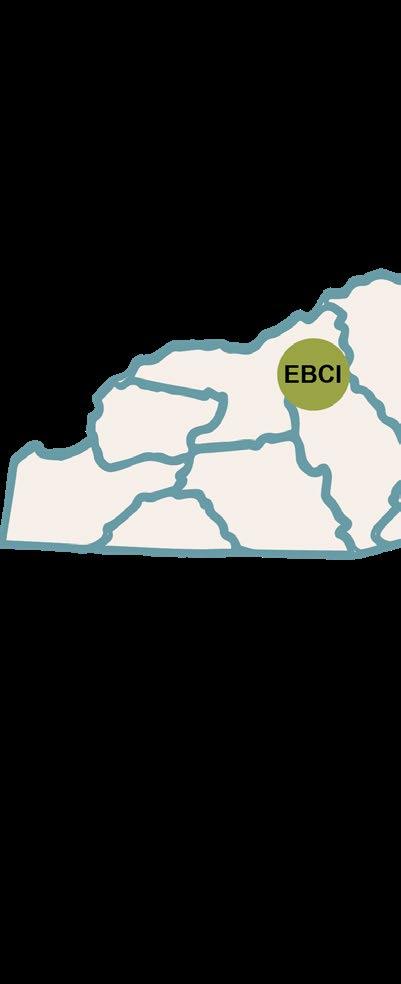
The middle school years are a critical time for youth and their families. The skills and behaviors that tweens and young teens learn in early adolescence can set them up for a lifetime of success or start them down a dangerous path. North Carolina 4-H’s Empowering Youth and Families Program (EYFP) helps middle school youth and their caregivers choose to thrive.
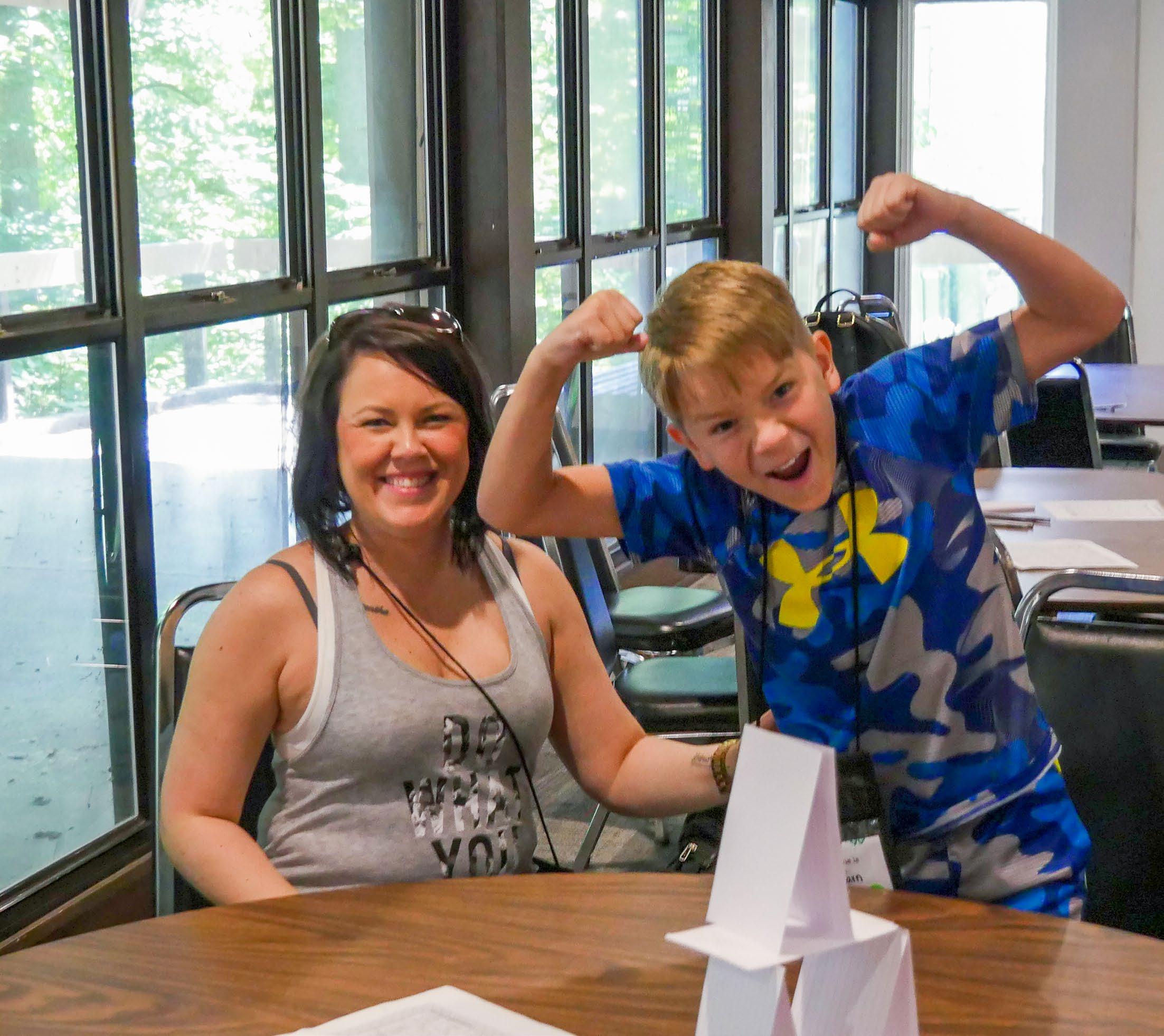
EYFP IMPACT REPORT 2 Welcome


2019-2023 3 Contents INTRODUCTION.................................................................................. 4 CAREGIVER PERCEPTIONS 6 YOUTH PERCEPTIONS 12
Empowering Youth & Families Introduction
The NC 4-H Empowering Youth and Families Program (EYFP) is a family leadership program for middle school youth and their caregivers. Participating families attend 10 weekly sessions in their county and a “Confluence” family retreat. Each session has been carefully designed to address the unique needs of youth, caregivers, and families, and each includes fun team building activities, a sitdown family meal, and social time with other families in the program.
At the end of the program, families put their new skills into practice. Together with other local EYFP families, they organize and host a community-wide healthy living event to share their learning and take concrete steps in their community to prevent opioid-related deaths among teens.
The Empowering Youth and Families Program is led by an Executive Team from NC State University, East Carolina
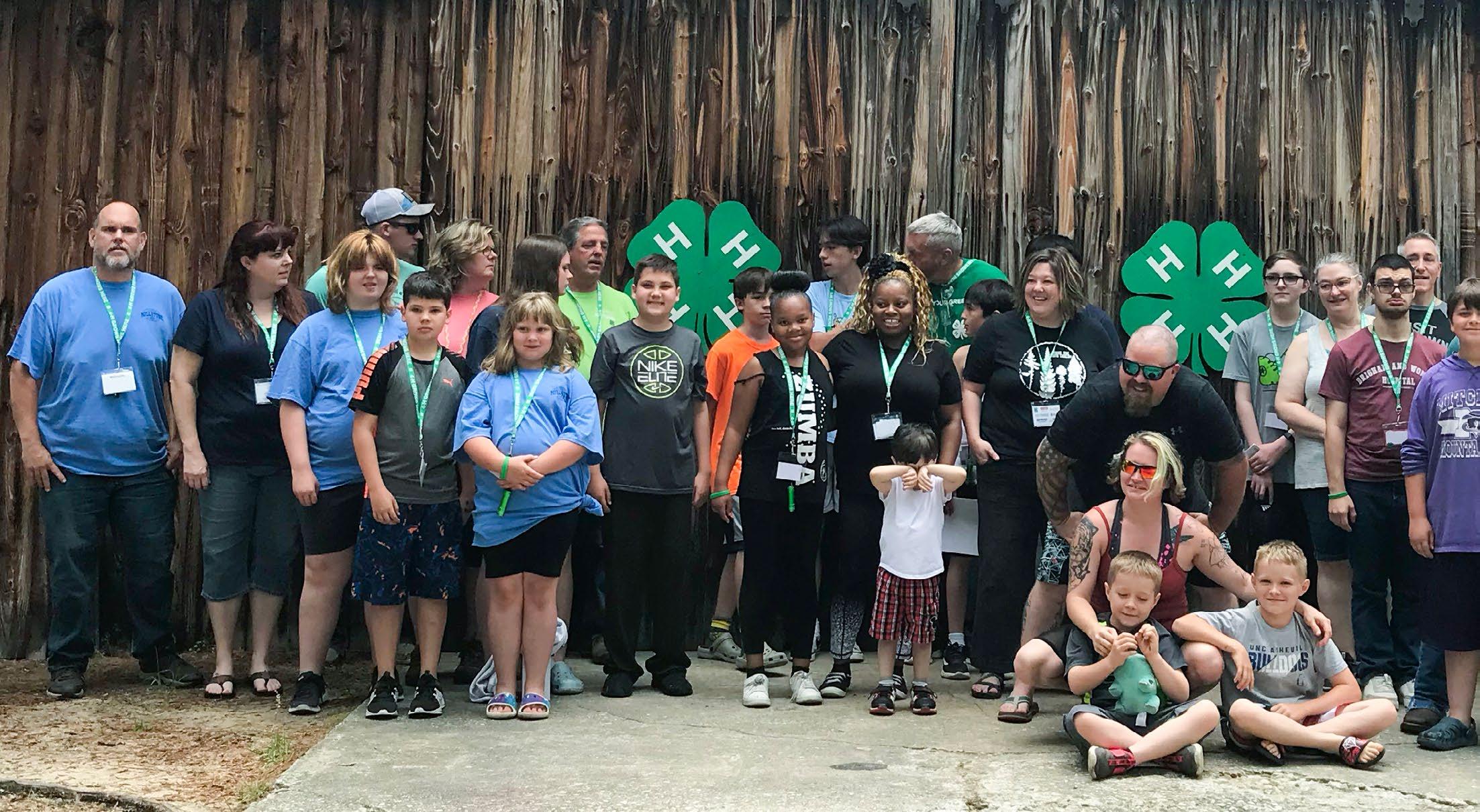
EYFP IMPACT REPORT 4 EYFP
“I wanted you to know what a blessing you and the EYFP class has been. One of the boys is actually my stepson. While spending weekends with his bio mom, he began using drugs and alcohol. My husband and I both had addicted parents and unfortunately just were very angry and unable to move forward. Your class has given us the tools to help deal with our son. Also through taking the class and counseling our son has made better choices.” -Participant
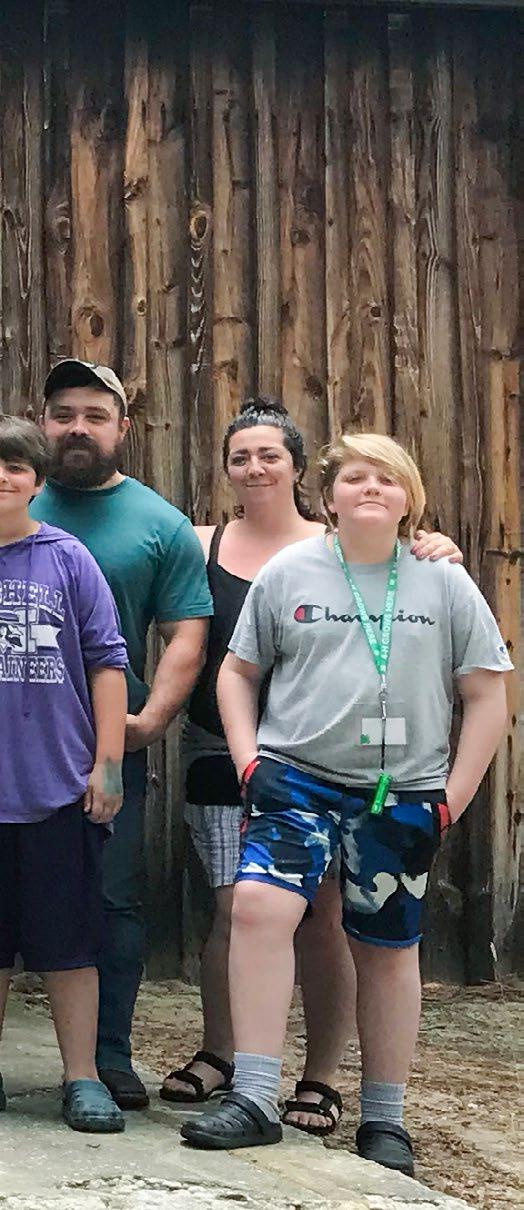
University, and the University of Tennessee at Knoxville. Funding is provided by the Rural Health and Safety Education (RHSE) Grant from the United States Department of Agriculture (USDA) and the Substance Abuse and Mental Health Services Administration (SAMHSA) from the United States Department of Public Health and Human Services.
Mission
To create resilient families and equip them to become advocates for health in their communities.
Vision
To empower youth and caregivers to work as a team to imporve their lives and the lives of those around them.
2019-2023 5
caregiver testimonial
Caregivers’ Perceptions of Their Communication Skills
Since 2017, EYFP has served 131 caregivers and 150 youth. Retrospective post- then pre- survey responses from 2022 indicate that caregivers perceived significant differences between their communication skills prior to EYFP compared to following program completion (Table 1). For instance, in 2022, 84.7% of participating caregivers agreed or strongly agreed with the statement, “My child and I are better able to discuss difficult situations because of the Powerful Families, Powerful Communities program.” See Table 1.
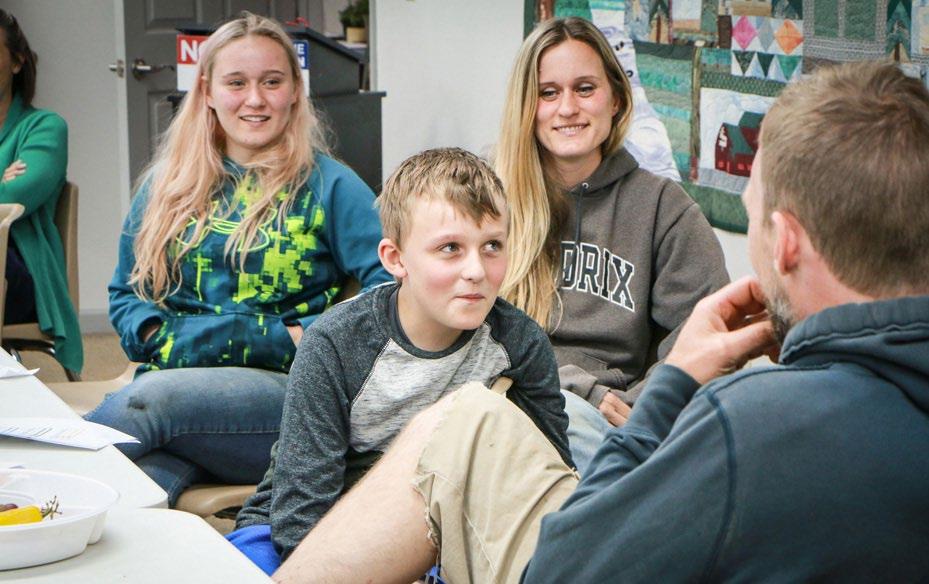
EYFP IMPACT REPORT 6
Table 1: Caregivers’ Perceptions of Their Communication Skills Prior to and Following EYFP in 2022

2019-2023 7
ITEM MEAN (BEFORE) MEAN (AFTER) CHANGE I let my youth know that they are an important part of our family. 4.385 4.833 0.448* I encourage my youth to take on new responsibilities as they are ready to do so. 4.385 4.917 0.532** I communicate expectations about behavior clearly to my youth. 4.000 4.833 0.833** I show my youth through words and actions that I value their thoughts. 3.615 4.667 1.052** On a normal day, I interact with my youth in 5 positive ways for every negative interaction. 4.000 4.231 0.231** I understand that my youth’s development impacts their choices. 4.231 4.833 0.602** I am confident in my ability to respond appropriately to my youth during difficult situations. 3.615 4.667 1.052** I use positive encouraging words in emotionally difficult situations. 3.308 4.250 0.942** I know how to use reflexive listening skills to discuss emotions openly. 2.538 4.250 1.712** Our family uses reflexive listening skills to discuss emotions openly. 2.562 4.000 1.438** Before reacting, I stop and think about my youth’s perspectives and feelings. 3.000 4.250 1.25** Expectations for behavior are clearly defined within my family. 3.769 4.667 0.898* I regularly use positive discipline skills to define consequences when my youth does not behave as expected. 3.308 4.083 0.775* When my youth behaves as expected, I find ways to praise or reward them. 4.154 4.667 0.513* In my family, everyone’s thoughts are considered when making decisions. 3.385 4.083 0.698* My family communicates without yelling at each other. 2.385 3.583 1.198** My family has the tools necessary to work through any problem together. 3.692 4.5 0.808**
Note: Significant items as determined by a Wilcoxon Signed Ranks Test to account for the nonparametric nature of survey data. Data are limited to 2022 due to changes in assessments following the pandemic. *p<0.05 **p<0.01

EYFP IMPACT REPORT 8 ITEM MEAN (BEFORE) MEAN (AFTER) CHANGE Each member of my family has strengths that make us stronger together. 4.308 4.833 0.525* My family spends time together talking about issues that matter to my child. 3.692 4.417 0.725** I am confident in my ability to help my child plan their future goals. 4.077 4.75 0.673**
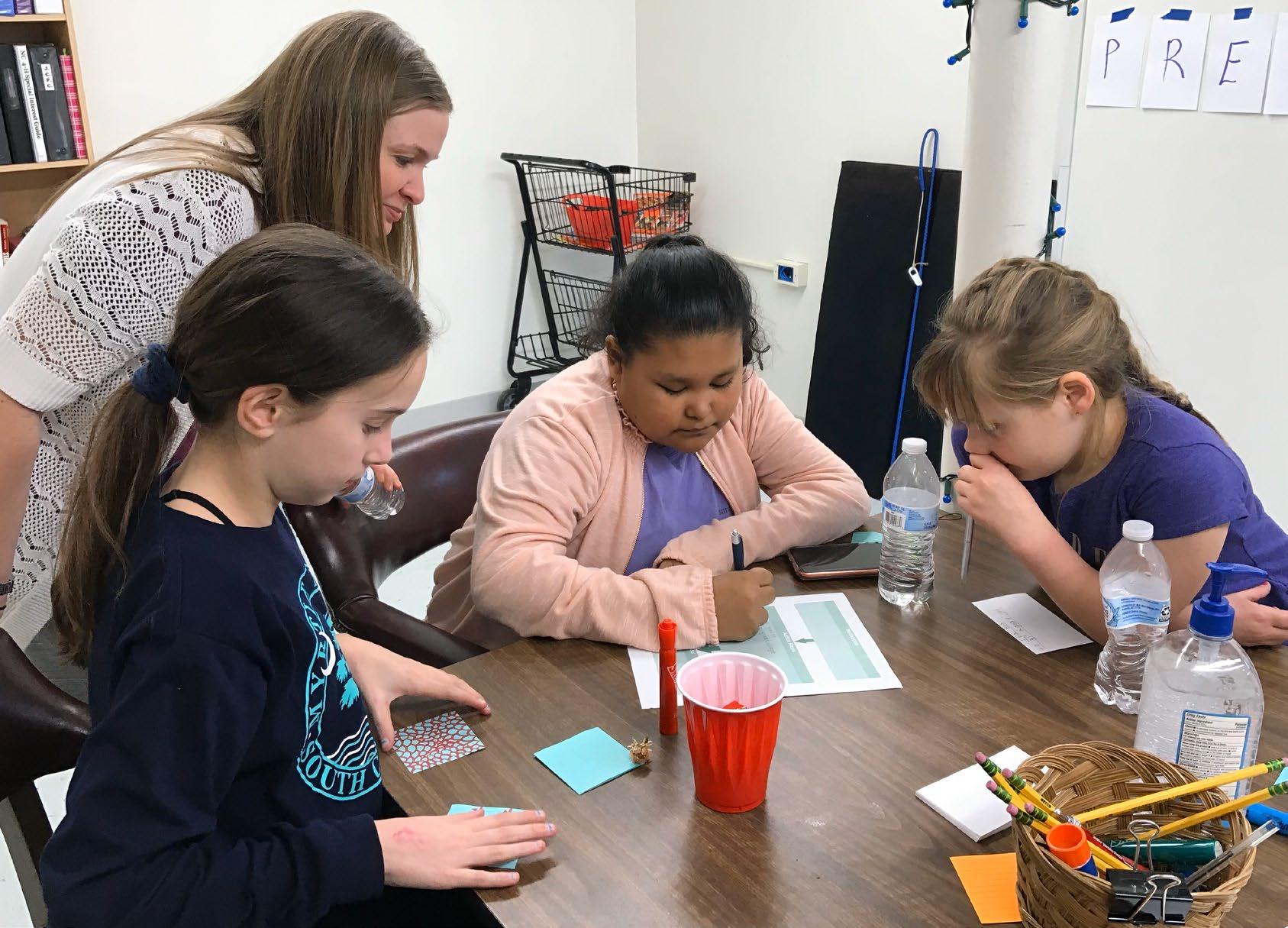

2019-2023 9
Caregivers’ Perceptions of Their Prevention Knowledge
Data also suggest that participating caregivers increased their knowledge of opioid misuse and prevention (Table 2). For instance, 84.6% of the caregivers in 2022 agreed to keep prescribed pain medication locked up. Over 90% of caregivers in 2022 also either agreed or strongly agreed that they had confidence in their ability to identify warning behaviors for substance misuse at the end of the program.
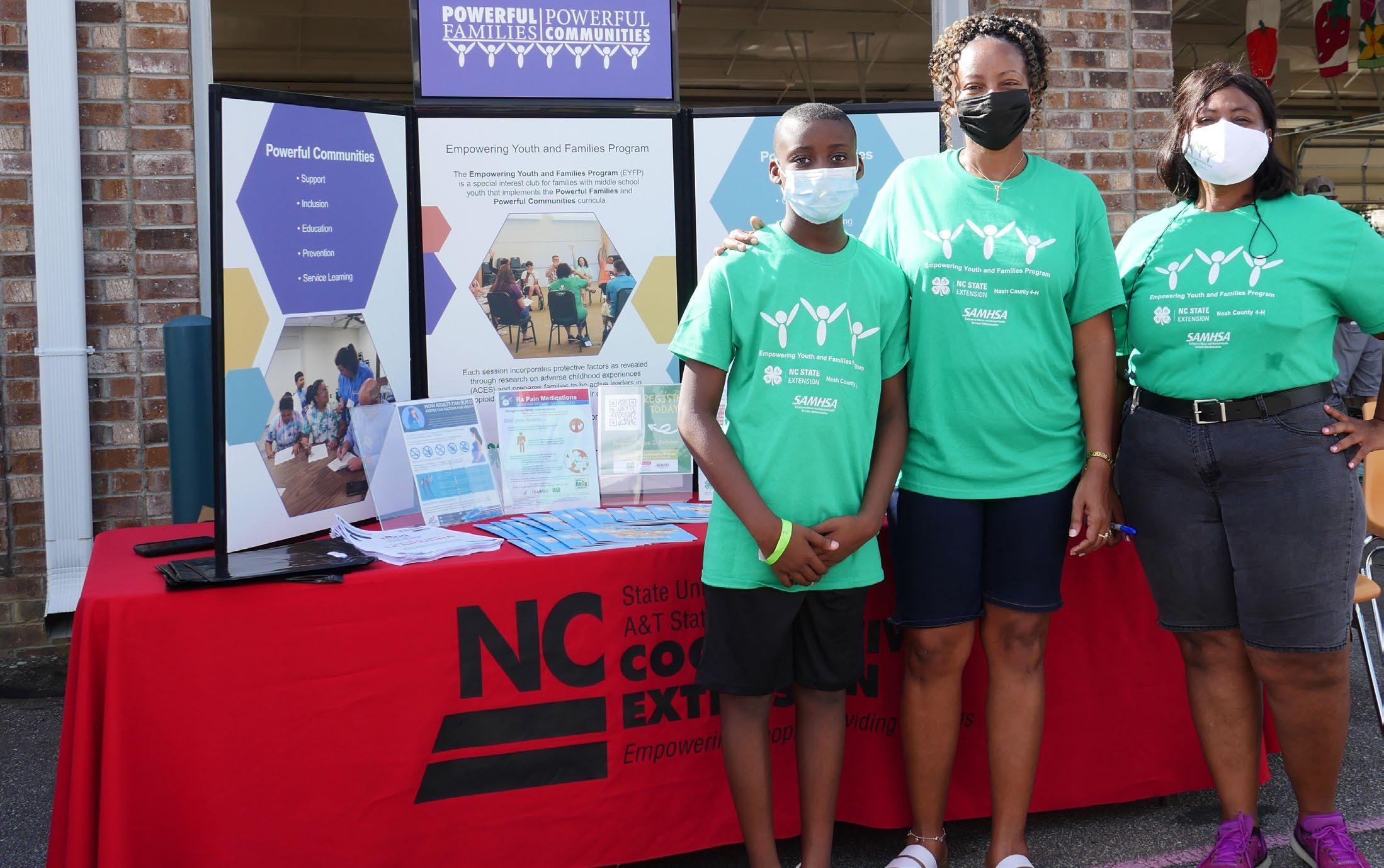
EYFP IMPACT REPORT 10
Table 2: Caregivers’ Perceptions of Their Prevention Knowledge Prior to and Following EYFP in 2022
I am confident that I could locate support services in my community if I or my child needed them.
I am confident in my ability to calmly talk with my child if I suspect they are misusing a substance.

I have strengths that can be used to teach others about the consequences of opioid misuse.
I am confident in my ability to work with a group to teach others in my community about the consequences of opioid misuse.
Note. Significance as determined by a Wilcoxon Signed Ranks Test to account for the nonparametric nature of survey data. Data are limited to 2022 due to changes in assessments following the pandemic. *p<0.05 **p<0.01
2019-2023 11
ITEM MEAN (BEFORE) MEAN (AFTER) CHANGE I know where resources to help
family are
within my community. 3.692 4.5 0.808* My family is supported by multiple resources in the community. 3.769 4.333 0.564* I understand the
people in my community. 3.308 4.75 1.442** I know the history of opioid use. 2.692 4.5 1.808**
my
located
impact that opioids are having on
3.538 4.667 1.129**
3.231 4.5 1.269**
3.077 4.5 1.423*
3.231 4.5 1.269*
Youths’ Perceptions of Communication Skills
Youth also felt that communication improved (Table 3). Of particular note, youth indicated that families employed effective communication techniques learned in the program instead of yelling. Among 2022 youth participants, 73.9% agreed or strongly agreed that they were better able to discuss difficult situations with their caregivers following EYFP. Youths’ responses also indicated a strong sense of belonging in school and within their families as well as greater awareness of their own contributions to social and familial groups.
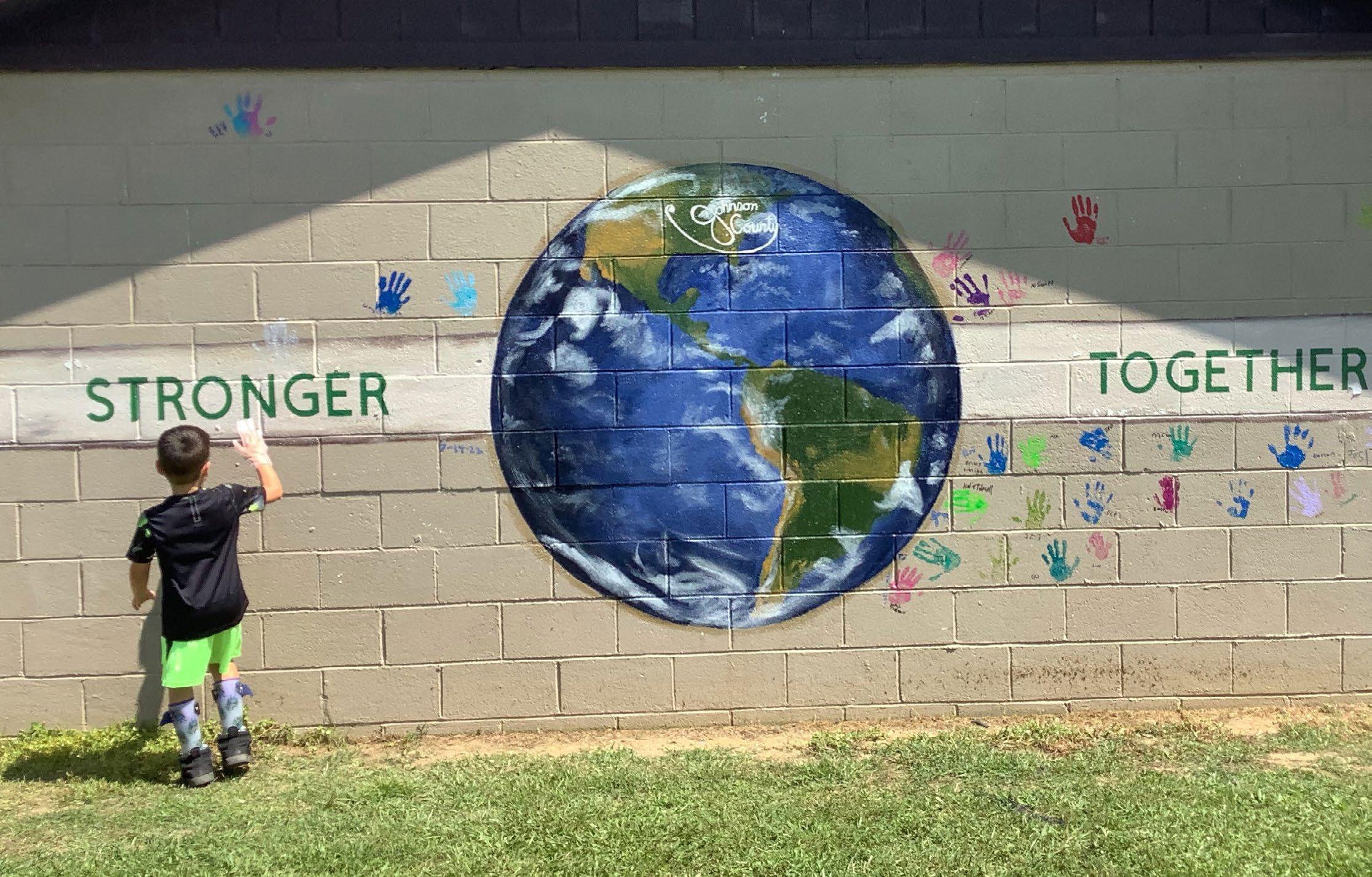
EYFP IMPACT REPORT 12
Table 3: Youths’ Perceptions of Communication Skills Prior to and Following EYFP in 2022

2019-2023 13
ITEM MEAN (BEFORE) MEAN (AFTER) CHANGE Getting an education is important to me. 3.739 4.182 0.443*** I know how to behave in different social situations. 3.478 4.136 0.658*** My parent(s)/caregiver(s) really look out for me. 4.326 4.864 0.538* My parent(s)/caregiver(s)know a lot about me. 3.870 4.545 0.675* People like to spend time with me. 3.739 4.159 0.420* I talk to my family/caregiver(s) about how I feel. 2.957 3.818 0.861** I feel that I belong/belonged at school. 3.913 4.318 0.405* My friends stand by me during difficult times. 3.478 4.000 0.522** I am treated fairly in my community. 3.870 4.273 0.403** I enjoy my family’s/caregiver’s cultural and family traditions. 4.087 4.455 0.368* I am a contributing member of my family. 4.000 4.318 0.318* My family values me for who I am. 3.957 4.455 0.498** My identity development shapes who I am as a person. 3.682 4.136 0.454* I am confident in my ability to respond appropriately during difficult situations. 3.261 4.000 0.739** My family uses reflexive listening skills to discuss emotions openly. 2.522 3.714 1.192*** My caregivers explain expectations and consequences for my behavior. 4.065 4.500 0.435** Expectations for my behavior are clearly defined within my family. 3.761 4.333 0.572**
a family, we communicate clear expectations about how I interact with my friends. 3.652 4.136 0.484** My family contributes to our community. 3.682 4.227 0.545**
As
Note. Significance as determined by a Wilcoxon Signed Ranks Test to account for the nonparametric nature of survey data. Data are limited to 2022 due to changes in assessments following the pandemic.

EYFP IMPACT REPORT 14 ITEM MEAN (BEFORE) MEAN (AFTER) CHANGE I understand how to create a plan to accomplish a goal. 3.826 4.318 0.492** Who I am as a person gives me the ability to accomplish my future goals. 3.870 4.227 0.357* Spending time together as a family is important to me. 4.391 4.727 0.336* My family spends time together talking about issues that matter to me. 3.391 4.000 0.609** In my family, everyone’s thoughts are considered when making decisions. 3.261 3.909 0.648** My family communicates without yelling at each other. 2.522 3.727 1.205***
**p<0.01 ***p<0.001
*p<0.05
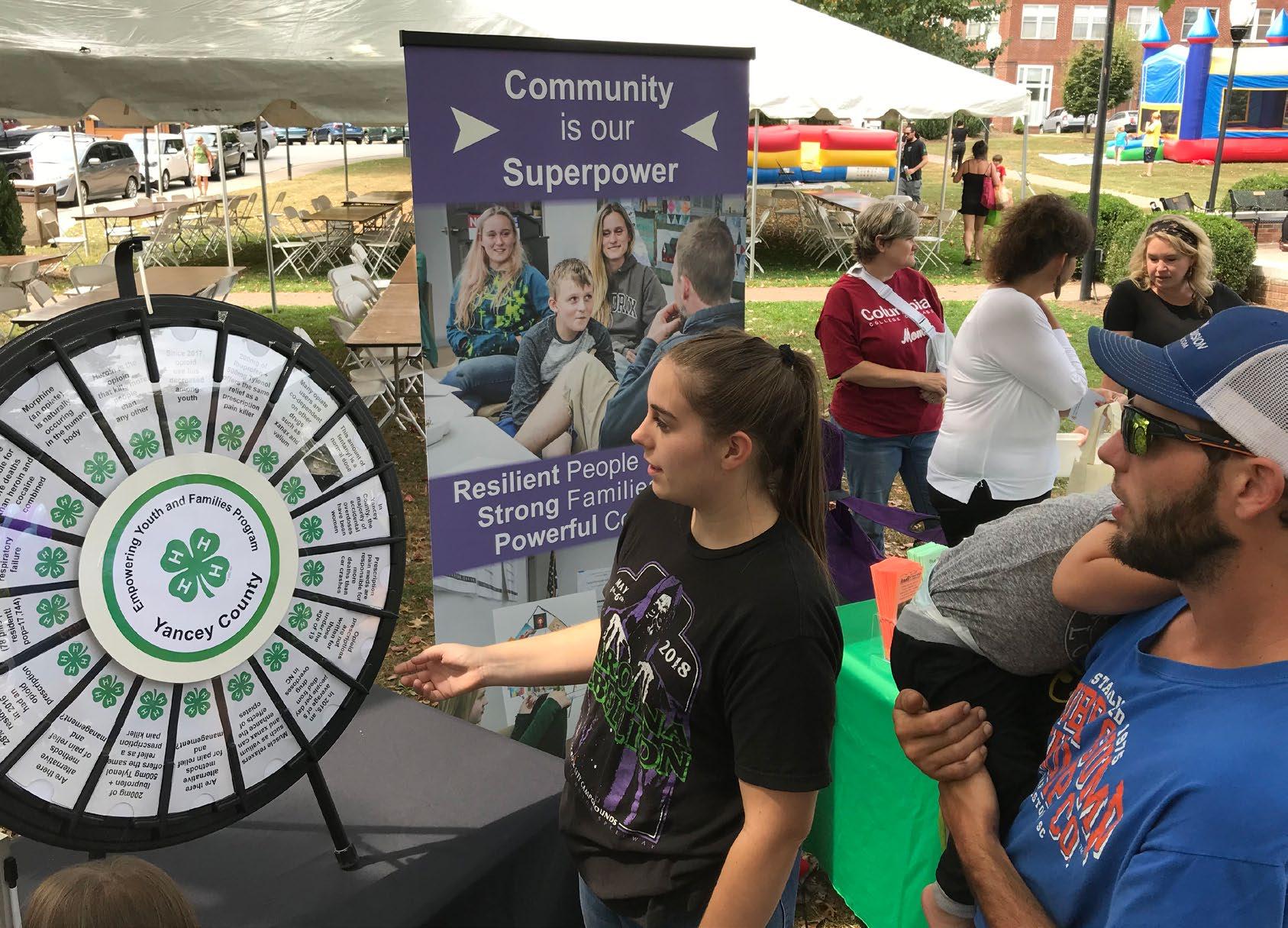
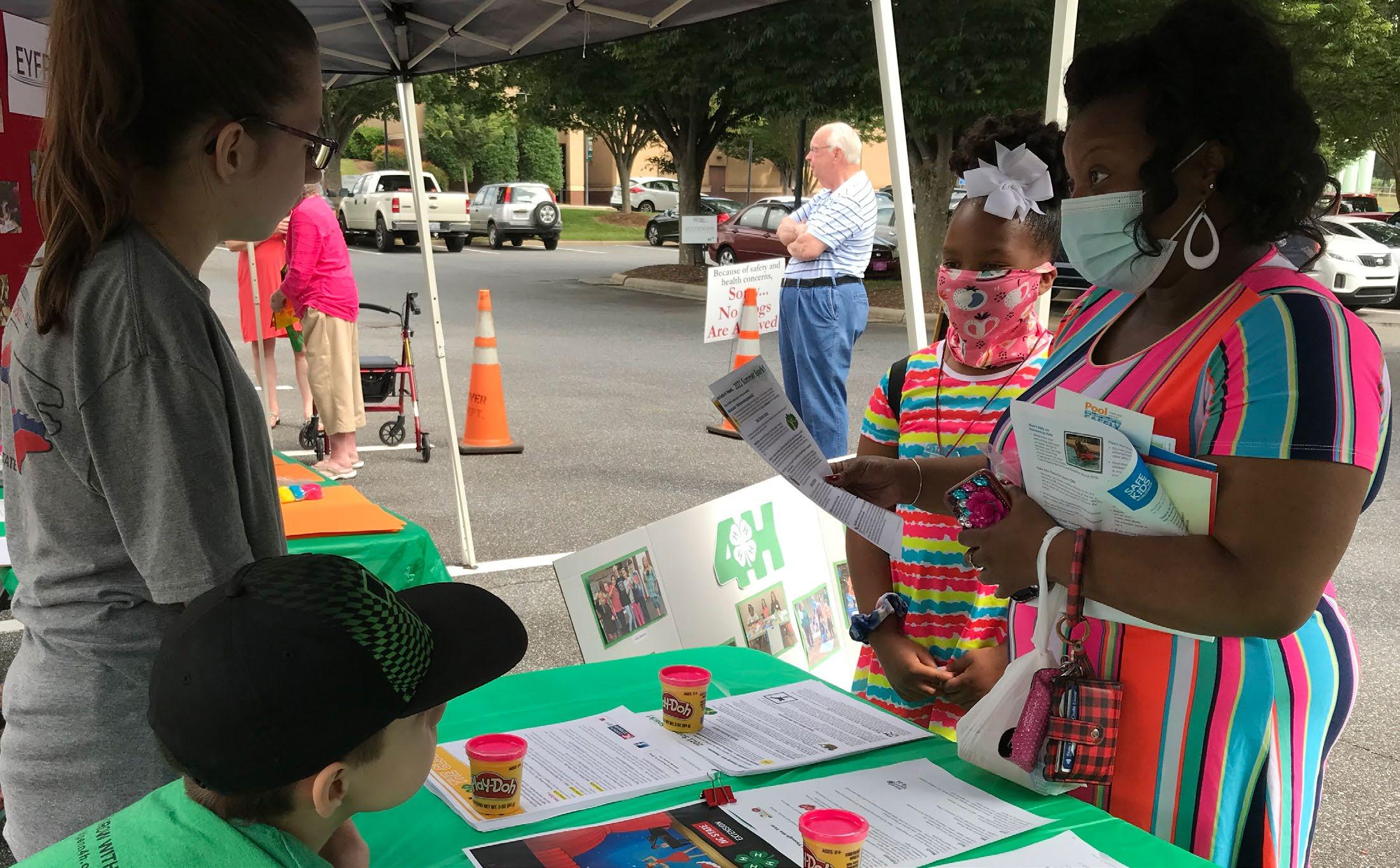
2019-2023 15
Youths’ Perceptions of Opioid Misuse Prevention Skills
As with the caregivers, participating youth also felt more confident in their knowledge of opioid misuse following EYFP, including prevention options (Table 4). For instance, 65.2% of participating youth in 2022 felt that they probably or absolutely would talk with their caregiver if someone asked them to take drugs without a prescription.

EYFP IMPACT REPORT 16
Table 4: Youths’ Perceptions of Opioid Misuse Prevention Skills Prior to and Following EYFP in 2022
I have strengths that can be used to teach others about the consequences of opioid misuse.
I am confident in my ability to work with a group to teach others in my community about the consequences of opioid misuse.
Note. Significance as determined by a Wilcoxon Signed Ranks Test to account for the nonparametric nature of survey data. Data are limited to 2022 due to changes in assessments following the pandemic.

2019-2023 17
ITEM MEAN (BEFORE) MEAN (AFTER) CHANGE My caregivers talk to me about making safe choices. 3.783 4.636 0.853*** I have adults in my life other than caregivers to whom I can go for help. 4.304 4.682 0.378** My family has access to community support organizations where I live. 3.668 4.300 0.632** I understand how opioids can impact the different parts of the brain. 2.739 4.409 1.670***
2.630 4.000 1.370***
2.565 3.818 1.253***
**p<0.01 ***p<0.001
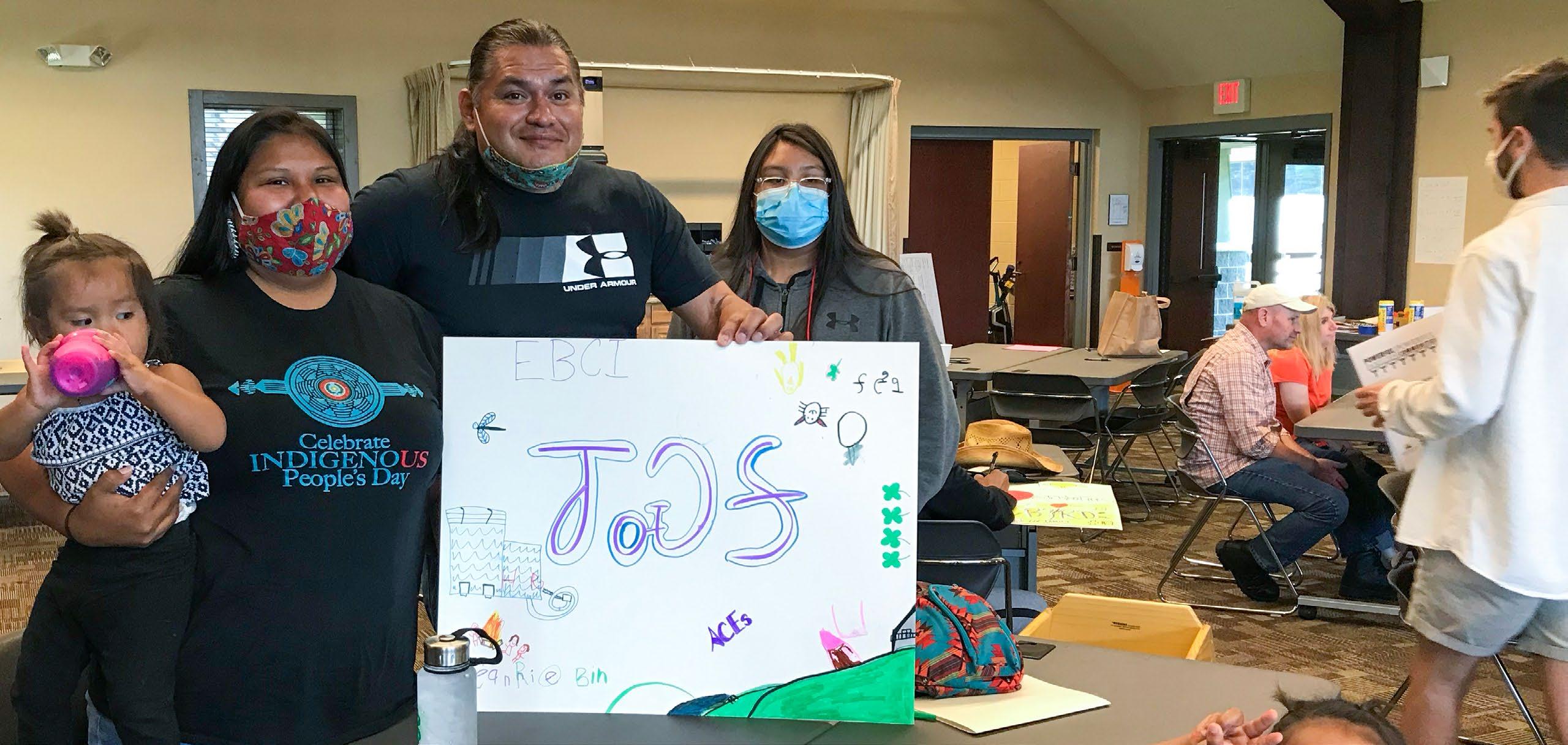

EYFP IMPACT REPORT 18
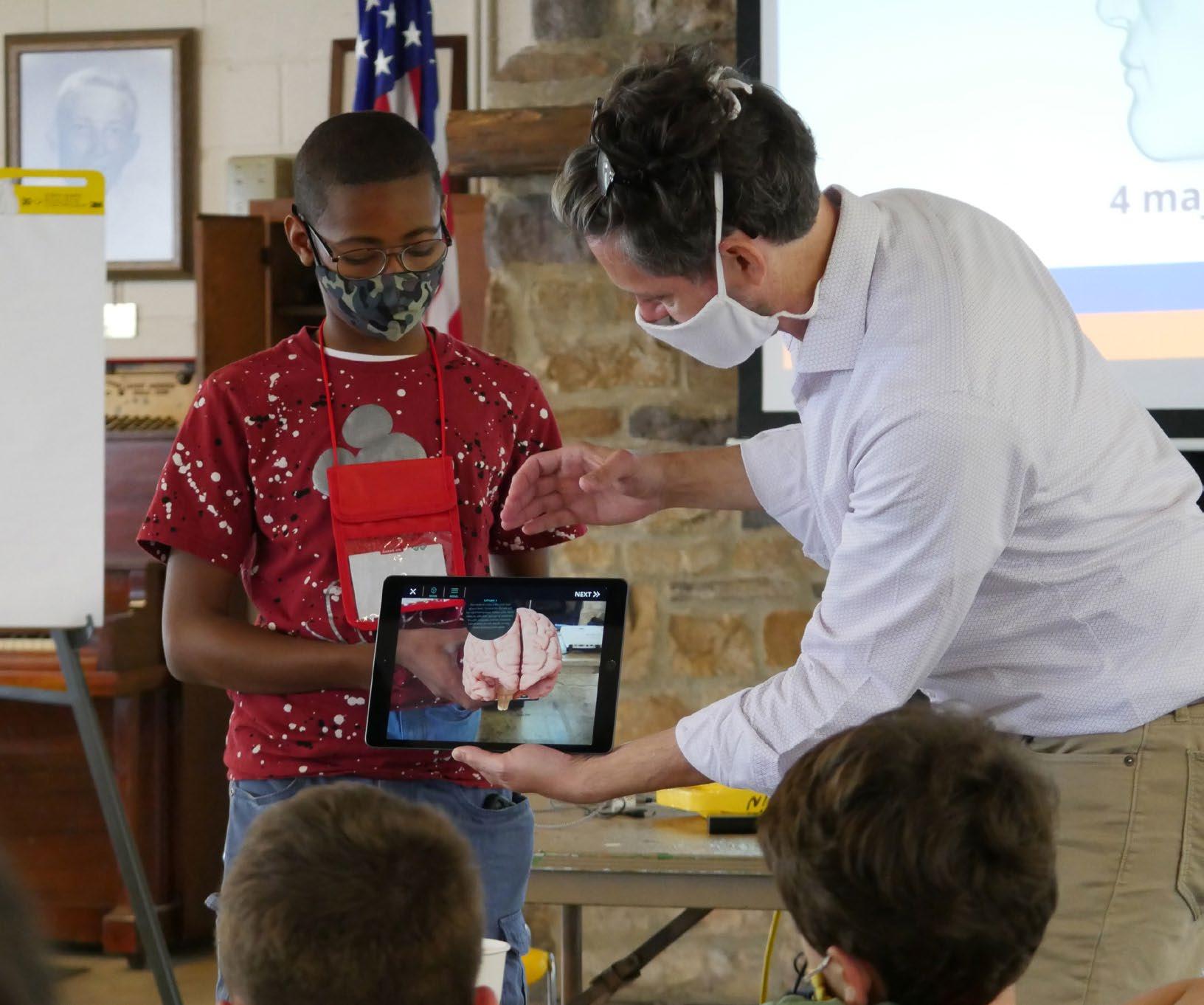
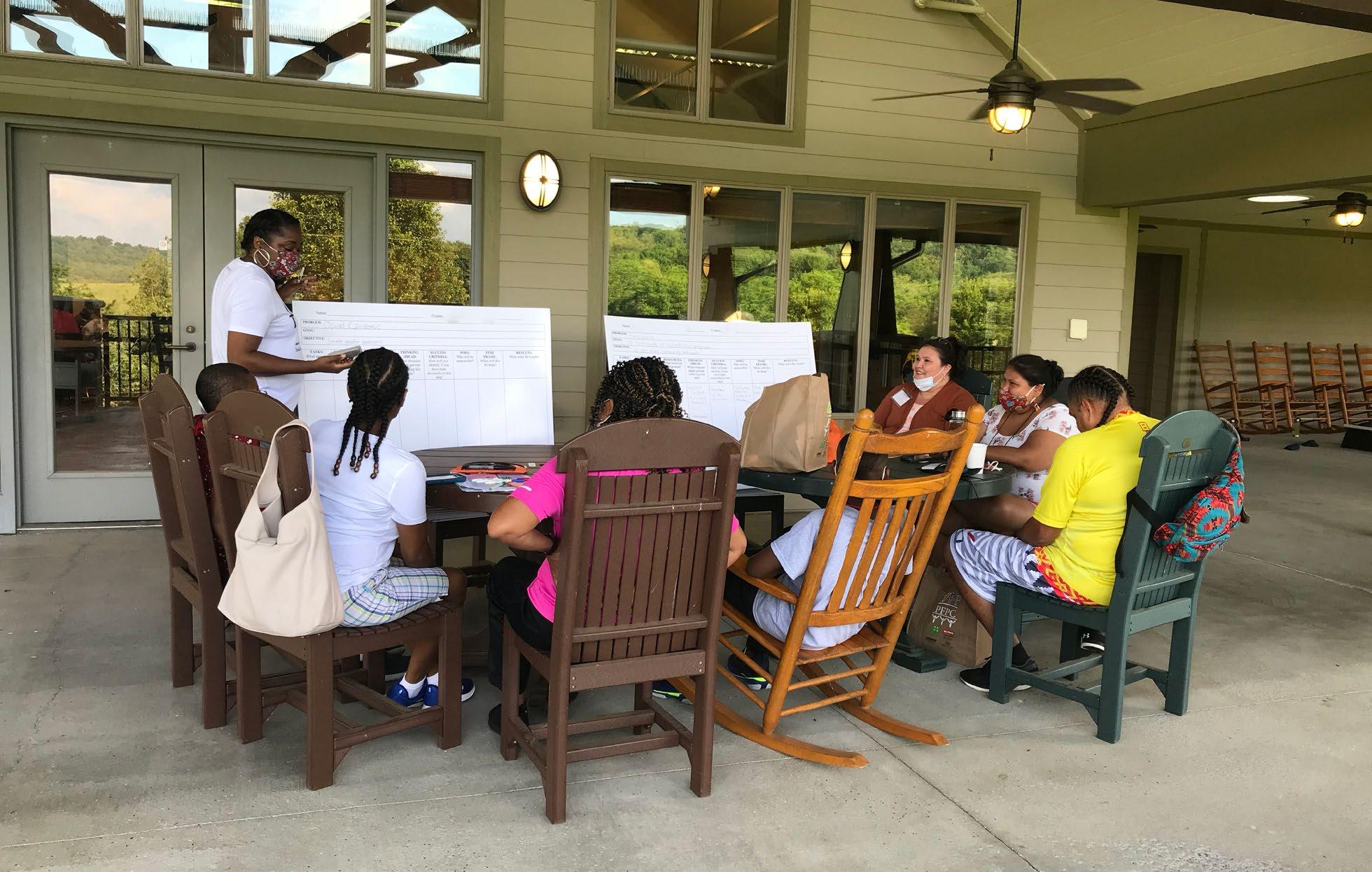
2019-2023 19
NC State University and N.C. A&T State University commit themselves to positive action to secure equal opportunity and prohibit discrimination and harassment regardless of age, color, disability, family and marital status, genetic information, national origin, political beliefs, race, religion, sexual identity (including pregnancy) and veteran status. NC State, N.C. A&T, U.S. Department of Agriculture, and local governments cooperating.
No endorsement of this product or service is granted or implied by 4-H, the US government, or any of its organizational units or employees. This work is supported by the Powerful Families, Powerful Communities, grant no. 2019-46100-30277, from the U.S. Department of Agriculture, National Institute of Food and Agriculture. Any opinions, findings, conclusions, or recommendations expressed in this publication are those of the author(s) and should not be construed to represent any official USDA or U.S. Government determination or policy.
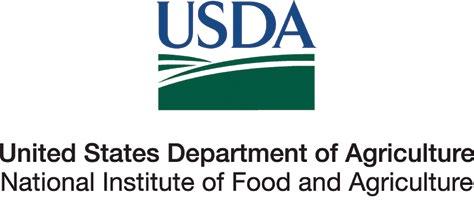
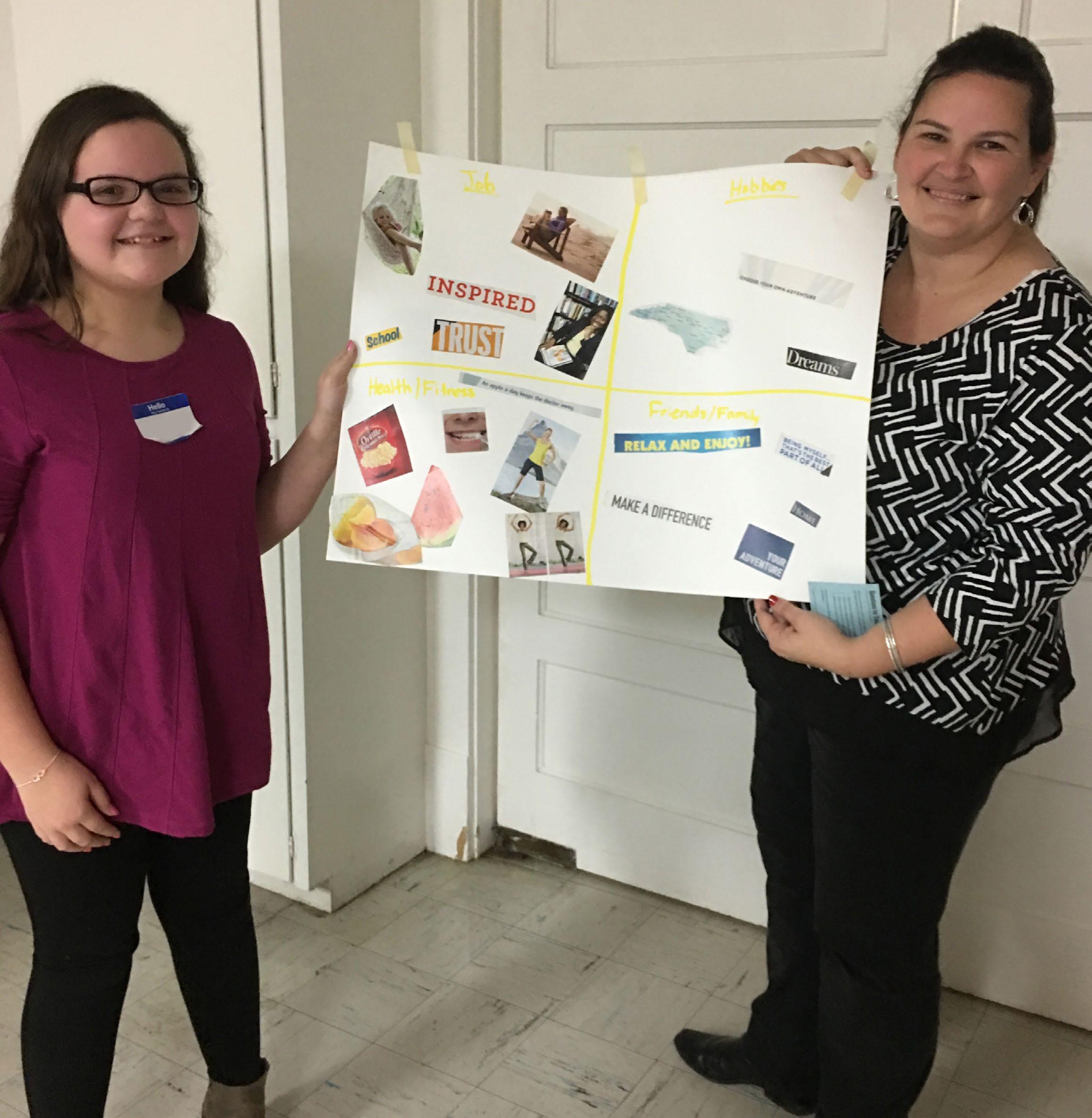
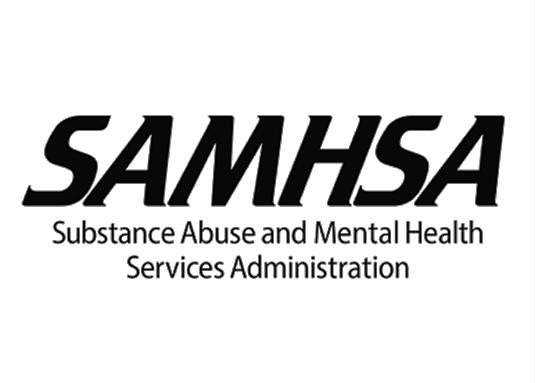
- 2023
2019
www.EYFP4H.org






























